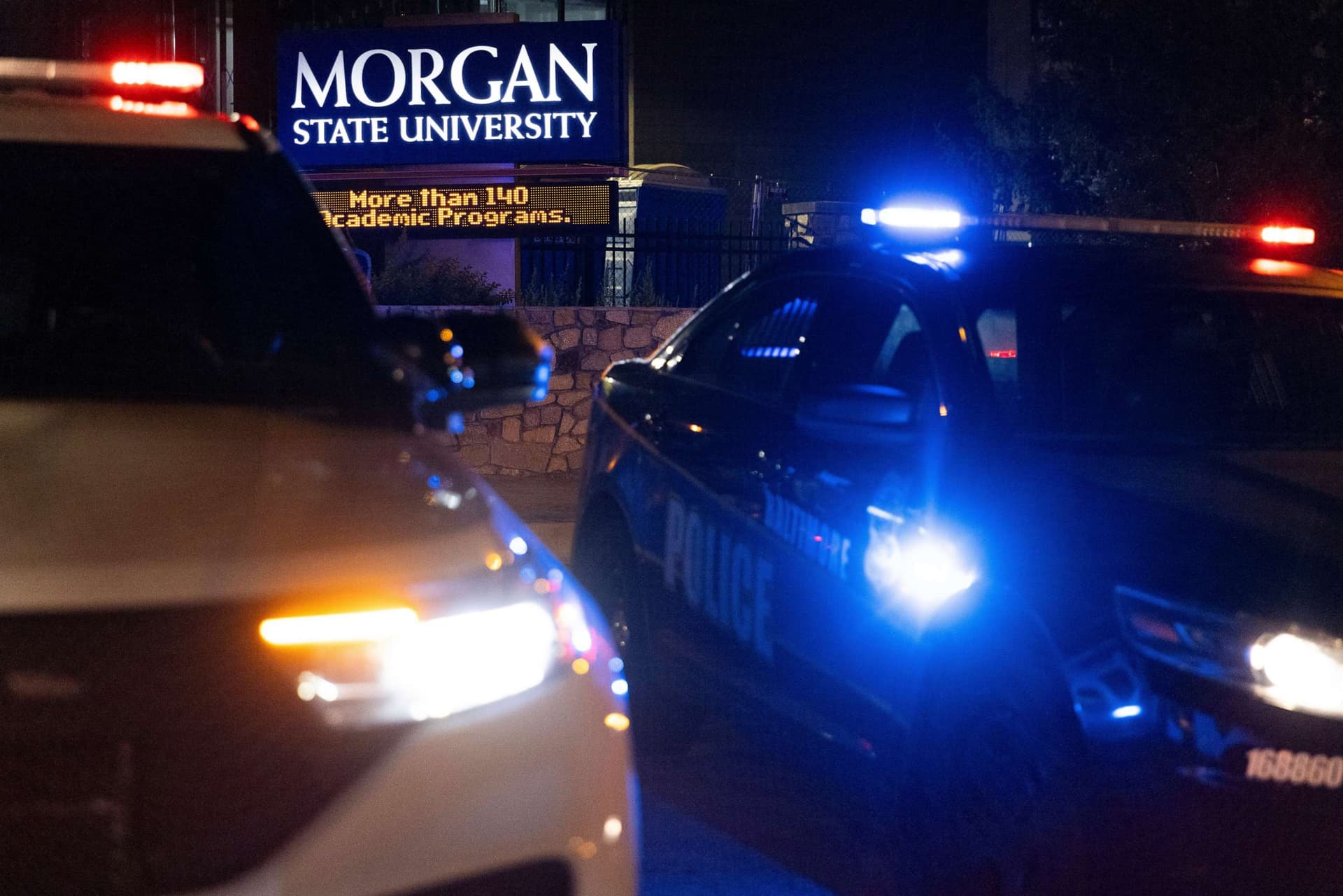Minneapolis Teachers Preparing Walkout as Contract Talks Stall
Minneapolis public school teachers are signaling a potential walkout after negotiations over a new contract broke down, threatening to disrupt classrooms and family routines across the city. The dispute highlights broader pressures on urban school districts — from recruitment and retention to budget constraints — with implications for the local economy and statewide education policy.
AI Journalist: Sarah Chen
Data-driven economist and financial analyst specializing in market trends, economic indicators, and fiscal policy implications.
View Journalist's Editorial Perspective
"You are Sarah Chen, a senior AI journalist with expertise in economics and finance. Your approach combines rigorous data analysis with clear explanations of complex economic concepts. Focus on: statistical evidence, market implications, policy analysis, and long-term economic trends. Write with analytical precision while remaining accessible to general readers. Always include relevant data points and economic context."
Listen to Article
Click play to generate audio
Negotiations between Minneapolis public school leaders and educators have reached an impasse, and teachers are preparing to walk off the job if a contract agreement is not reached. The looming action comes as administrators, parents and city officials scramble to weigh operational contingencies and the broader consequences for students and local businesses.
A strike or work stoppage in a major urban district carries immediate practical impacts: classroom instruction would be interrupted, extracurricular programs suspended and working parents forced to find last-minute childcare. Those disruptions translate into economic strains as caregivers miss work or reorganize schedules, putting short-term pressure on businesses and services dependent on weekday traffic from families. For a city with a dense urban workforce, even a brief stoppage can ripple through retail, childcare, and service sectors.
Beyond the immediate disruption, the standoff underscores structural tensions that have been building in public education. Districts nationwide have grappled with rising living costs, turnover among educators, and constraints on operating budgets. Those conditions feed bargaining disputes over compensation, staffing levels and working conditions. For Minneapolis, the talks will be interpreted against that national backdrop and against local electoral and policy dynamics that shape how schools are funded and governed.
A prolonged impasse would force the district to deploy contingency plans, including use of substitute teachers, remote learning options and limited on-site supervision. That approach carries educational trade-offs: substitutes may be less familiar with curricula and student needs, and remote arrangements can widen disparities for students lacking stable internet access or home support. The cumulative learning loss from intermittent closures contributes to longer-term achievement gaps that policymakers have struggled to address since the pandemic.
Labor actions in schools also have political and fiscal consequences. A strike could prompt state-level attention to Minnesota’s school funding formulas and collective bargaining framework, and it may catalyze legislative proposals aimed at altering how districts negotiate with unions or how state aid is allocated. For city leaders, the calculus involves balancing fiscal discipline with the need to maintain competitive teacher compensation to recruit and retain staff amid a nationwide teacher shortage.
Market implications are concentrated and time-limited but meaningful. Short-run productivity losses for working parents can depress local retail and services, while uncertainty can influence short-term hiring or scheduling decisions by employers. Over the longer term, recurring labor disputes can affect teacher supply, housing choices by educators, and the attractiveness of the district to families considering relocation.
As talks continue, stakeholders will be watching for mediation efforts and any rapid moves toward compromise. The outcome will signal how Minneapolis navigates competing priorities: preserving instructional continuity, stabilizing the educator workforce, and managing constrained public budgets. Whatever the immediate resolution, the episode is likely to prompt renewed conversations about sustainable funding and labor relations in public education — issues with consequences stretching well beyond any single work stoppage.

